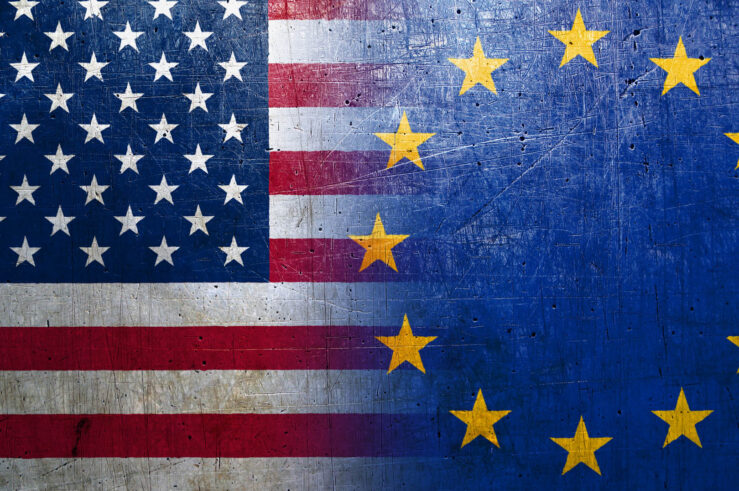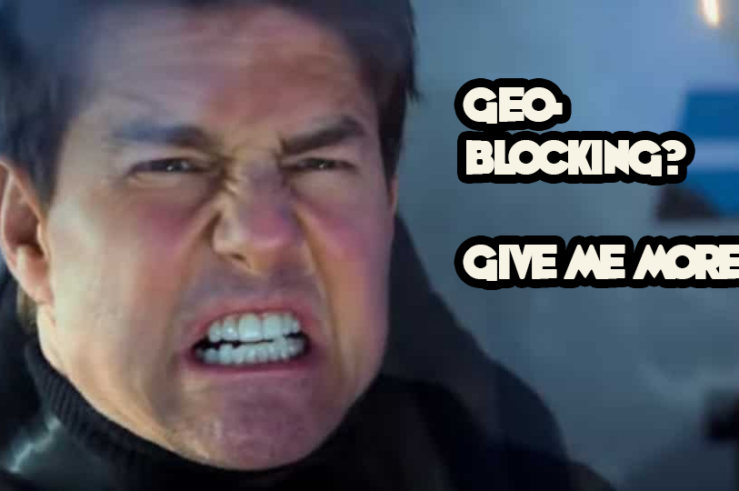Showing archive for: “Exclusionary Conduct”
How US and EU Competition Law Differ
U.S. and European competition laws diverge in numerous ways that have important real-world effects. Understanding these differences is vital, particularly as lawmakers in the United States, and the rest of the world, consider adopting a more “European” approach to competition. In broad terms, the European approach is more centralized and political. The European Commission’s Directorate ... How US and EU Competition Law Differ
Breaking Down House Democrats’ Forthcoming Competition Bills
Democratic leadership of the House Judiciary Committee have leaked the approach they plan to take to revise U.S. antitrust law and enforcement, with a particular focus on digital platforms. Broadly speaking, the bills would: raise fees for larger mergers and increase appropriations to the FTC and DOJ; require data portability and interoperability; declare that large ... Breaking Down House Democrats’ Forthcoming Competition Bills
Antitrust Lessons from AT&T’s M&A Fiasco
The chorus of condemnation continued with vigor even after the DOJ’s loss in court and AT&T’s consummation of the transaction. With AT&T’s May 17 announcement that it will unwind the two-year-old acquisition and therefore abandon its strategy to integrate content and distribution, it is clear these predictions of impending market dominance were unfounded. This widely ... Antitrust Lessons from AT&T’s M&A Fiasco
Antitrust by Fiat
The Competition and Antitrust Law Enforcement Reform Act (CALERA), recently introduced in the U.S. Senate, exhibits a remarkable willingness to cast aside decades of evidentiary standards that courts have developed to uphold the rule of law by precluding factually and economically ungrounded applications of antitrust law. Without those safeguards, antitrust enforcement is prone to be ... Antitrust by Fiat
The DOJ’s Antitrust Case Against Google: A Tough Slog, but Maybe an Intriguing Possibility?
The U.S. Department of Justice’s (DOJ) antitrust case against Google, which was filed in October 2020, will be a tough slog.[1] It is an alleged monopolization (Sherman Act, Sec. 2) case; and monopolization cases are always a tough slog. In this brief essay I will lay out some of the issues in the case and raise ... The DOJ’s Antitrust Case Against Google: A Tough Slog, but Maybe an Intriguing Possibility?
Trade Promotions in High Tech
As one of the few economic theorists in this symposium, I believe my comparative advantage is in that: economic theory. In this post, I want to remind people of the basic economic theories that we have at our disposal, “off the shelf,” to make sense of the U.S. Department of Justice’s lawsuit against Google. I ... Trade Promotions in High Tech
The Antitrust Prohibition of Favoritism, or the Imposition of Corporate Selflessness
It is my endeavor to scrutinize the questionable assessment articulated against default settings in the U.S. Justice Department’s lawsuit against Google. Default, I will argue, is no antitrust fault. Default in the Google case drastically differs from default referred to in the Microsoft case. In Part I, I argue the comparison is odious. Furthermore, in ... The Antitrust Prohibition of Favoritism, or the Imposition of Corporate Selflessness
Google and Shifting Conceptions of What It Means to Improve a Product
Judges sometimes claim that they do not pick winners when they decide antitrust cases. Nothing could be further from the truth. Competitive conduct by its nature harms competitors, and so if antitrust were merely to prohibit harm to competitors, antitrust would then destroy what it is meant to promote. What antitrust prohibits, therefore, is not ... Google and Shifting Conceptions of What It Means to Improve a Product
Geo-Blocking: What is it Good For… A Surprising Amount, Actually.
The European Court of Justice issued its long-awaited ruling Dec. 9 in the Groupe Canal+ case. The case centered on licensing agreements in which Paramount Pictures granted absolute territorial exclusivity to several European broadcasters, including Canal+. Back in 2015, the European Commission charged six U.S. film studios, including Paramount, as well as British broadcaster Sky ... Geo-Blocking: What is it Good For… A Surprising Amount, Actually.
It’s Not So Simple Who Owns “Your” Data
What kind of regulation? Treating digital platforms like public utilities won’t work, Petit argues, because the product is multidimensional and competition takes place on multiple margins (the larger theme of the book): “there is a plausible chance that increased competition in digital markets will lead to a race to the bottom, in which price competition ... It’s Not So Simple Who Owns “Your” Data
A Law & Economics Perspective on Ruth Bader Ginsburg
With the passing of Justice Ruth Bader Ginsburg, many have already noted her impact on the law as an advocate for gender equality and women’s rights, her importance as a role model for women, and her civility. Indeed, a key piece of her legacy is that she was a jurist in the classic sense of ... A Law & Economics Perspective on Ruth Bader Ginsburg
In the Fight Against Qualcomm, Apple’s Loss is Apple’s Gain
Apple’s legal team will be relieved that “you reap what you sow” is just a proverb. After a long-running antitrust battle against Qualcomm unsurprisingly ended in failure, Apple now faces antitrust accusations of its own (most notably from Epic Games). Somewhat paradoxically, this turn of events might cause Apple to see its previous defeat in ... In the Fight Against Qualcomm, Apple’s Loss is Apple’s Gain









